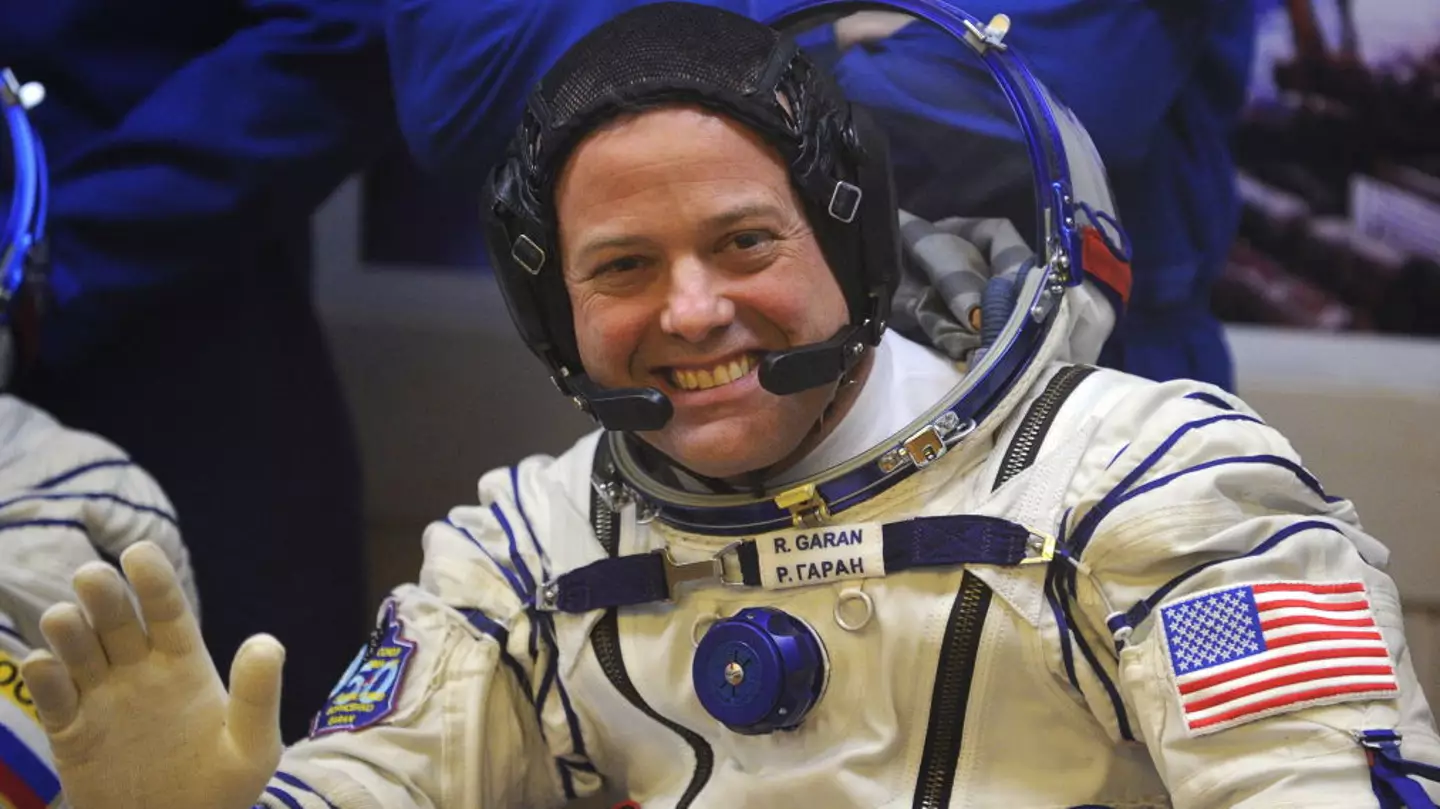
For former NASA space cadet Ron Garan, 63, there was only one thing on his mind when he was up in space, and it was the ‘sobering realisation’ that we Earthlings are ‘living a lie’. But don’t panic, it’s not that the earth is actually flat.
Garan experienced what is referred to as the ‘overview effect’ while he was up there. This is essentially where he had an uninterrupted view of our globe. This effect prompts a cognitive shift that many astronauts understandably feel when looking at Earth while floating in space – which researchers compare to a ‘state of awe with self-transcendent qualities’.
This awe-invoking experience can trigger ‘unexpected and overwhelming emotion’ for those who are brave enough to get onboard a rocket. And this is the exact experience that Ron had while spending 178 days in space, travelling more than 71 million miles in 2,842 orbits throughout his career at NASA.
.webp)
NASA astronaut Ron Garan had quite the awakening while up in space (ALEXANDER NEMENOV/AFP via Getty Images)
During his time on the International Space Station (ISS), Ron drew some interesting conclusions about our way of life as we know it, while looking out of the window.
In a conversation with the Big Think, the New Yorker said that he realised that the things that most humans are worried about aren’t actually that big of a deal after all. But we should be a lot more concerned about global warming, deforestation, and biodiversity loss.
Sharing what he saw, Garan said: “When I looked out the window of the International Space Station, I saw the paparazzi-like flashes of lightning storms, I saw dancing curtains of auroras that seemed so close it was as if we could reach out and touch them.
“And I saw the unbelievable thinness of our planet’s atmosphere. In that moment, I was hit with the sobering realisation that that paper-thin layer keeps every living thing on our planet alive.
.webp)
The 62-year-old returned to Earth with a new perspective after experiencing the ‘overview effect’ (Erika Goldring/Getty Images)
“I saw an iridescent biosphere teeming with life. I didn’t see the economy. But since our human-made systems treat everything, including the very life-support systems of our planet, as the wholly owned subsidiary of the global economy, it’s obvious from the vantage point of space that we’re living a lie.”
“We need to move from thinking economy, society, planet to planet, society, economy”, Garan continued. “That’s when we’re going to continue our evolutionary process. “There’s this light bulb that pops up where they realise how interconnected and interdependent we all are.”
“We’re not going to have peace on Earth until we recognise the basic fact of the interrelated structure of all reality,” Garan added.


